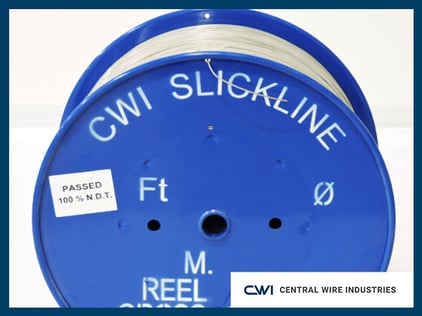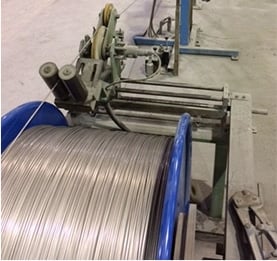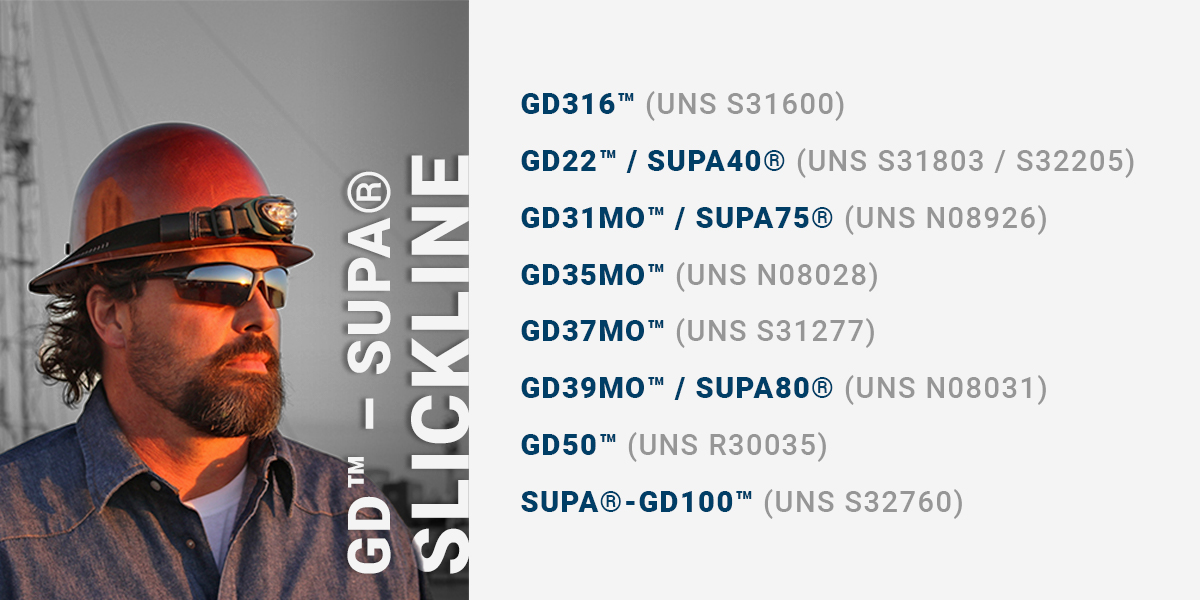Copy Cats and Costly Catastrophes: A Dangerous Supply Chain Game
Stealing intellectual property (IP) or using counterfeit branded products, whether it’s a designer purse or a special metal alloy, can result in devastating consequences to the end user.
Companies spend considerable effort, time, and money in creating new products for customer benefit. This intellectual property is often patented and/or trademarked. The latter action is undertaken to create brand names for customers to readily identify the products they want and need. A trademarked product acts as a type of insurance, but buyers need to do their homework to ensure that they are getting what they paid for and are not using an inferior and potentially dangerous “knock-off”.
Counterfeits and knock-offs are a multi-billion dollar a year industry that has grown from a vendor selling goods out of the back of his truck to the vast globalized supply chain that has descended upon us in the last 25 years and has unwittingly provided an infinite number of enticing illegal opportunities for counterfeiters to embrace.
So why is incorporating counterfeit metals into your production process or end-use playing a dangerous game?
Knock-offs have crept into the alloy wire industry which produces critical components utilized in the medical, aerospace, oil & gas, appliance, electronics, mining, automotive and a host of other industries, touching every aspect of our lives. In fact, the majority of the goods we consume on a daily basis carry some elements of metal, from the smartphones buzzing in our pockets to the intricate leading-edge medical wire MIT researchers have used to develop an implantable device that recognizes which drugs are compatible for eradicating cancerous tumors. In this precarious situation, using a “knock-off” metal could result in dire consequences, and possibly even death for an individual already struggling to survive.
Industrial infrastructure that we depend on in our daily lifestyles is often tied to proper use of trademarked materials and the benefits they incur to the end users. The creation of industry standards for commercial materials, such as the Unified Numbering System (UNS) for metals and alloys to systematically designate them by composition, “does not guarantee any performance specifications or exact composition with impurity limits.” Quality and performance variances exist from supplier to supplier within any given alloy, despite the classification system used to identify and source them.
 Leading manufacturers of metals and metal products, like Central Wire Industries (CWI) employ process trade secrets to ensure quality, tight tolerances and/or discernible special properties of final product grades. CWI goes to great lengths to ensure the integrity and quality of raw materials in their supply chain, especially when the final product carries a globally recognizable trademark or brand names like GDTM and SUPA® used in oil and gas wireline and slickline applications. Many end users test and approve these products and include the trademarked brand names in their final purchase specification and such is the case for several grades of the GDTM and SUPA® family of products. Only CWI plants are authorized to make these trademarked products and select distributors and agents then act as resellers around the world to ensure stock availability and on-time delivery.
Leading manufacturers of metals and metal products, like Central Wire Industries (CWI) employ process trade secrets to ensure quality, tight tolerances and/or discernible special properties of final product grades. CWI goes to great lengths to ensure the integrity and quality of raw materials in their supply chain, especially when the final product carries a globally recognizable trademark or brand names like GDTM and SUPA® used in oil and gas wireline and slickline applications. Many end users test and approve these products and include the trademarked brand names in their final purchase specification and such is the case for several grades of the GDTM and SUPA® family of products. Only CWI plants are authorized to make these trademarked products and select distributors and agents then act as resellers around the world to ensure stock availability and on-time delivery.
Specialty alloy slicklines are designed to perform in very harsh and corrosive conditions, and with varying degrees of mechanical stress in wells. Oil and gas wells around the world are being drilled to almost unthinkable depths, with the deepest well completed by Exxon Nefegus in 2012 measuring an astounding 12,376 meters (40,604 ft.) The strength, quality, and reliability of metals required to withstand the severe operating pressures, temperatures, loads and chemical environments at these depths are crucial in order to avoid catastrophic events such as failed equipment, loss of production, or even loss of human life or environmental disasters.
Using products from un-approved suppliers or trademark counterfeiters can result in product liability claims due to equipment failure, loss of production and/or costly repairs or fishing jobs, and possibly structural and environmental catastrophes. Even worse is the prospect of worker injury should the inferior metals purchased from deceitful suppliers fail during use. These consequences of failure can be greatly compounded in environmentally sensitive areas such as offshore drilling.
In today’s globalized supply chain environment, raw materials can be procured from any number of sources and due diligence is required to guarantee not only trademark ownership but also the absence of conflict minerals. Subsequently, minerals can be melted almost anywhere in the world including numerous locations in new or developing economic regions and countries, where industrial and commercial trade practices may not meet recognized supply chain integrity standards.
With unscrupulous counterfeiters tempting or deceiving companies with lower prices and availability of specialty alloys, how can you police the fair use of your trademarked products and the integrity of the brands? Quality suppliers want to ensure the safe use of their products and maximize customer user experience. To learn more about our quality standards, visit https://centralwire.com/quality/high-quality/.
Note: GDTM and SUPA® are trademarks of Central Wire Industries Ltd.


